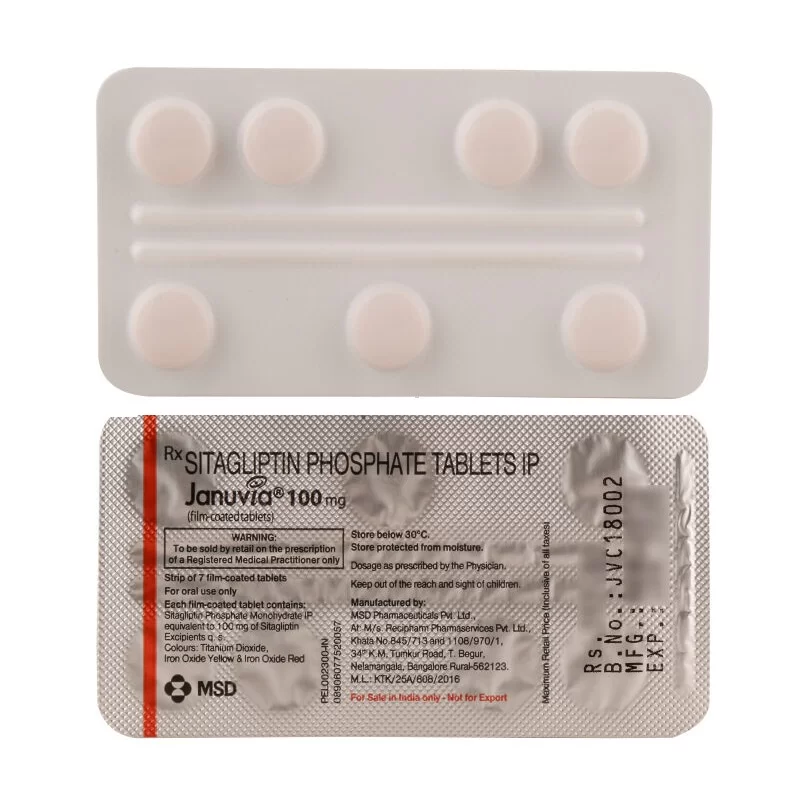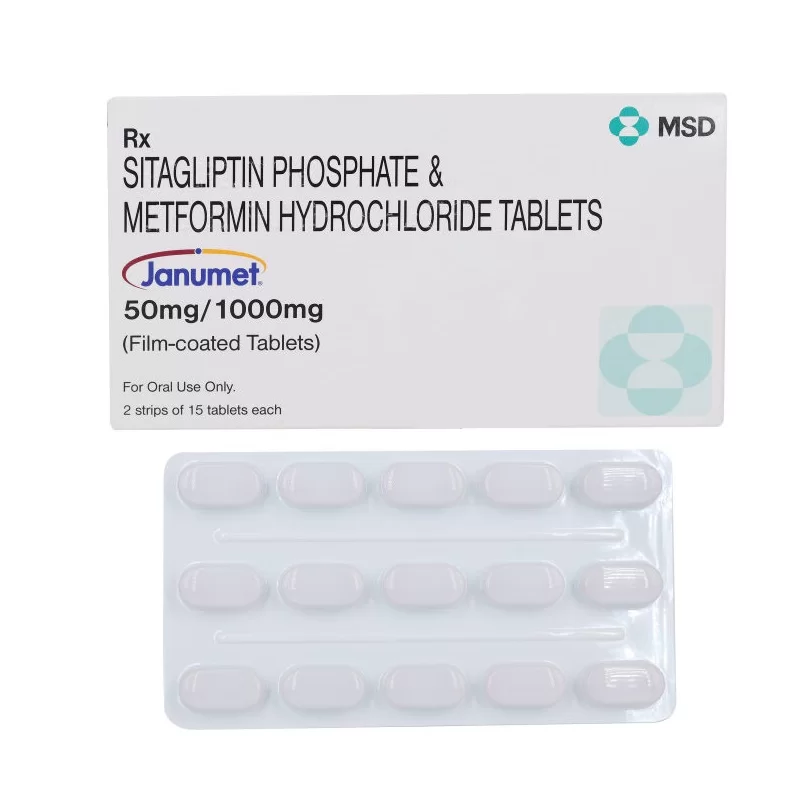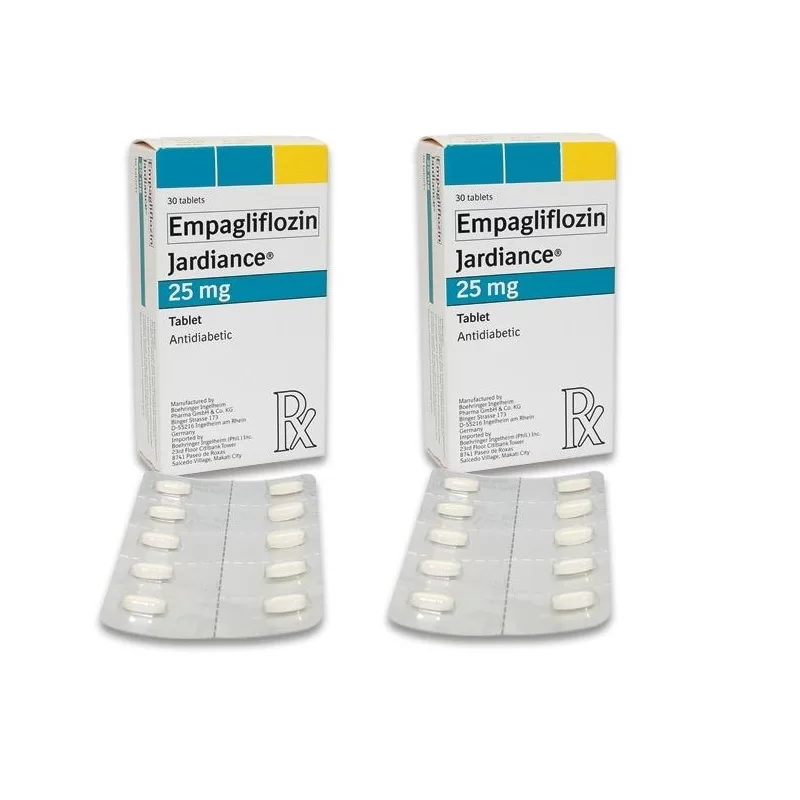BIGOMET 250 MG
Introduction
Welcome to our comprehensive guide on Bigomet 250 mg, a medication that has been widely prescribed for various medical conditions. In this article, we will delve into the various aspects of this medication, providing you with all the necessary information you need to understand its uses, benefits, potential side effects, and more.
What is Bigomet 250 MG?
Bigomet 250 mg is a widely used medication that contains Metformin Hydrochloride as its active ingredient. Metformin is a popular oral anti-diabetic drug belonging to the biguanide class, primarily used to treat type 2 diabetes mellitus. It helps to control blood sugar levels in the body and improve insulin sensitivity. Additionally, Bigomet 250 mg is also prescribed for individuals with polycystic ovary syndrome (PCOS) to manage their condition effectively.
Understanding the Mechanism of Action
Bigomet 250 mg exerts its therapeutic effects through multiple mechanisms of action. One of the key ways it works is by reducing the production of glucose in the liver, thereby lowering blood sugar levels. Furthermore, it enhances insulin sensitivity in muscle tissues, enabling better uptake of glucose from the bloodstream into the cells. By improving insulin action, Bigomet 250 mg helps regulate blood sugar levels effectively.
Indications for Use
Type 2 Diabetes Mellitus: Bigomet 250 mg is primarily prescribed to individuals diagnosed with type 2 diabetes. It is often used as a first-line treatment, especially for overweight patients, and can be used alone or in combination with other anti-diabetic medications.
Polycystic Ovary Syndrome (PCOS): Women with PCOS often experience insulin resistance, leading to hormonal imbalances. Bigomet 250 mg helps manage insulin levels and can be beneficial in improving menstrual regularity and promoting ovulation in such cases.
Dosage and Administration
It is crucial to take Bigomet 250 mg as prescribed by your healthcare professional. The dosage may vary based on individual medical conditions and response to treatment. Generally, the starting dose is 500 mg or 850 mg taken once daily with meals, and the dosage may be gradually increased to achieve optimal blood sugar control. Regular monitoring and follow-up with your doctor are essential to ensure the medication's effectiveness and safety.
Potential Side Effects
Like all medications, Bigomet 250 mg may cause certain side effects, although not everyone experiences them. Common side effects may include gastrointestinal disturbances, such as nausea, diarrhea, and abdominal discomfort. These side effects are usually temporary and tend to improve with time. However, if you experience severe or persistent symptoms, it is essential to inform your healthcare provider promptly.
In rare cases, some individuals may experience more serious side effects, such as lactic acidosis, a potentially life-threatening condition. Symptoms of lactic acidosis include muscle pain, weakness, difficulty breathing, and irregular heartbeat. If you notice any of these symptoms, seek immediate medical attention.
Precautions and Contraindications
Before starting Bigomet 250 mg, inform your healthcare provider about your medical history and any pre-existing conditions. This medication may not be suitable for individuals with specific health issues, such as:
- Severe kidney or liver impairment
- Heart failure or recent heart attack
- Respiratory or lung problems
- Alcohol abuse or dependence
- Allergies to Metformin or any of its components
Always follow your doctor's advice and do not self-medicate with Bigomet 250 mg.
Drug Interactions
Bigomet 250 mg may interact with certain medications, potentially affecting their efficacy or safety. Inform your healthcare provider about all the medications you are currently taking, including prescription drugs, over-the-counter medications, and herbal supplements. Some of the medications that may interact with Bigomet 250 mg include:
- Certain diuretics
- Steroids
- Beta-blockers
- Calcium channel blockers
- Cimetidine
Tips for Effective Medication Use
To ensure the effectiveness of Bigomet 250 mg and minimize the risk of side effects, consider the following tips:
Take it with Meals: Always take Bigomet 250 mg with meals to reduce gastrointestinal side effects and enhance its absorption.
Stay Hydrated: Drink plenty of water while on this medication to prevent dehydration and support kidney function.
Monitor Blood Sugar Levels: Regularly monitor your blood sugar levels as advised by your healthcare provider to track the medication's effectiveness.
Adhere to Prescribed Dosage: Do not alter the dosage without consulting your doctor. Stick to the prescribed regimen for optimal results.
Conclusion
In conclusion, Bigomet 250 mg is an essential medication used to manage type 2 diabetes and polycystic ovary syndrome effectively. Its mechanism of action, indications, dosage, and potential side effects have been discussed in detail to provide you with a comprehensive understanding of the medication. Remember to follow your healthcare provider's guidance and maintain a healthy lifestyle alongside the treatment.









